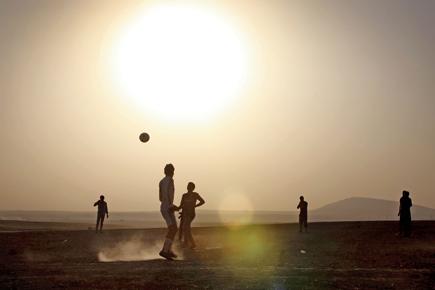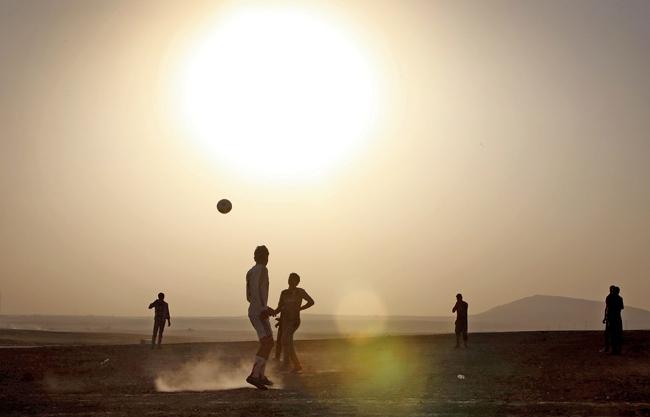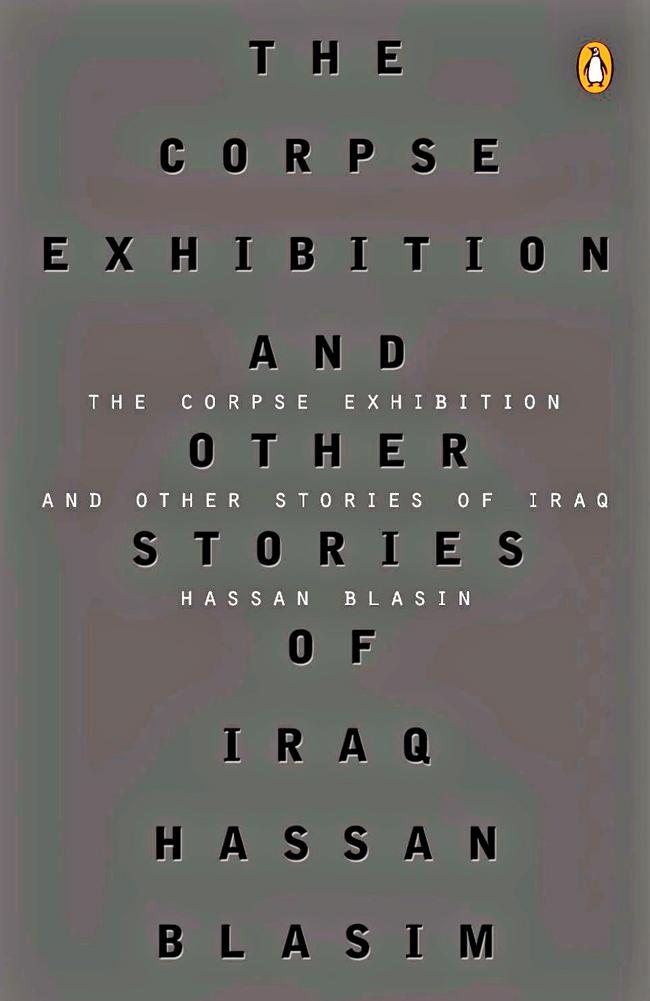This book makes an excellent case for those who fail to evaluate the role of a translator when it comes to literary criticism

Iraqis play football
This book makes an excellent case for those who fail to evaluate the role of a translator when it comes to literary criticism. Hassan Blasim’s original work in Arabic may have, rightly, won him accolades. What makes his first collection of short stories in English shine, however, is the translation of British journalist Jonathan Wright — a man perfect for the role not simply because he is erudite, but because of an interesting biographical fact. Apparently, he was once kidnapped while on a reporting assignment in Lebanon.
ADVERTISEMENT

Displaced Iraqis play football at a temporary camp set up by the UN refugee agency to shelter people fleeing violence in north Iraq. Pic/AFP
As for Hassan Blasim’s 14 stories here, set in a dark, fearsome Iraq few of us have any inkling about, they come across as simultaneously surreal and authentic. This could be because of his personal history with that war-torn country. Now living in Finland, Blasim was reportedly forced to flee from Iraq after a documentary he made angered the late dictator Saddam Hussein. Most of his stories focus on struggle; some characters trying to survive in an inhospitable world, others in futile and ineffectual attempts to escape their past.

The Corpse Exhibition And Other Stories of Iraq, Hassan Blasim, Penguin, R399. Available in leading bookstores
There are ordinary people here; widows, students, soldiers on the frontline and others caught up in an incredibly violent world not of their making. An Iraqi man in the story ‘The Nightmares of Carlos Fuentes’ finds asylum in Holland and asks himself: “Why do they respect dogs as much as humans? Why do we masturbate twenty-four hours a day?”
There is wit here too, and humour, and pathos. And some passages that appear to make no sense, which is apt because war, as artists have struggled to point out since time immemorial, is essentially an act devoid of reason. This is a brave, bold book that deserves to be read if only because it tells us about people the world’s journalists appear to have forgotten.
 Subscribe today by clicking the link and stay updated with the latest news!" Click here!
Subscribe today by clicking the link and stay updated with the latest news!" Click here!






